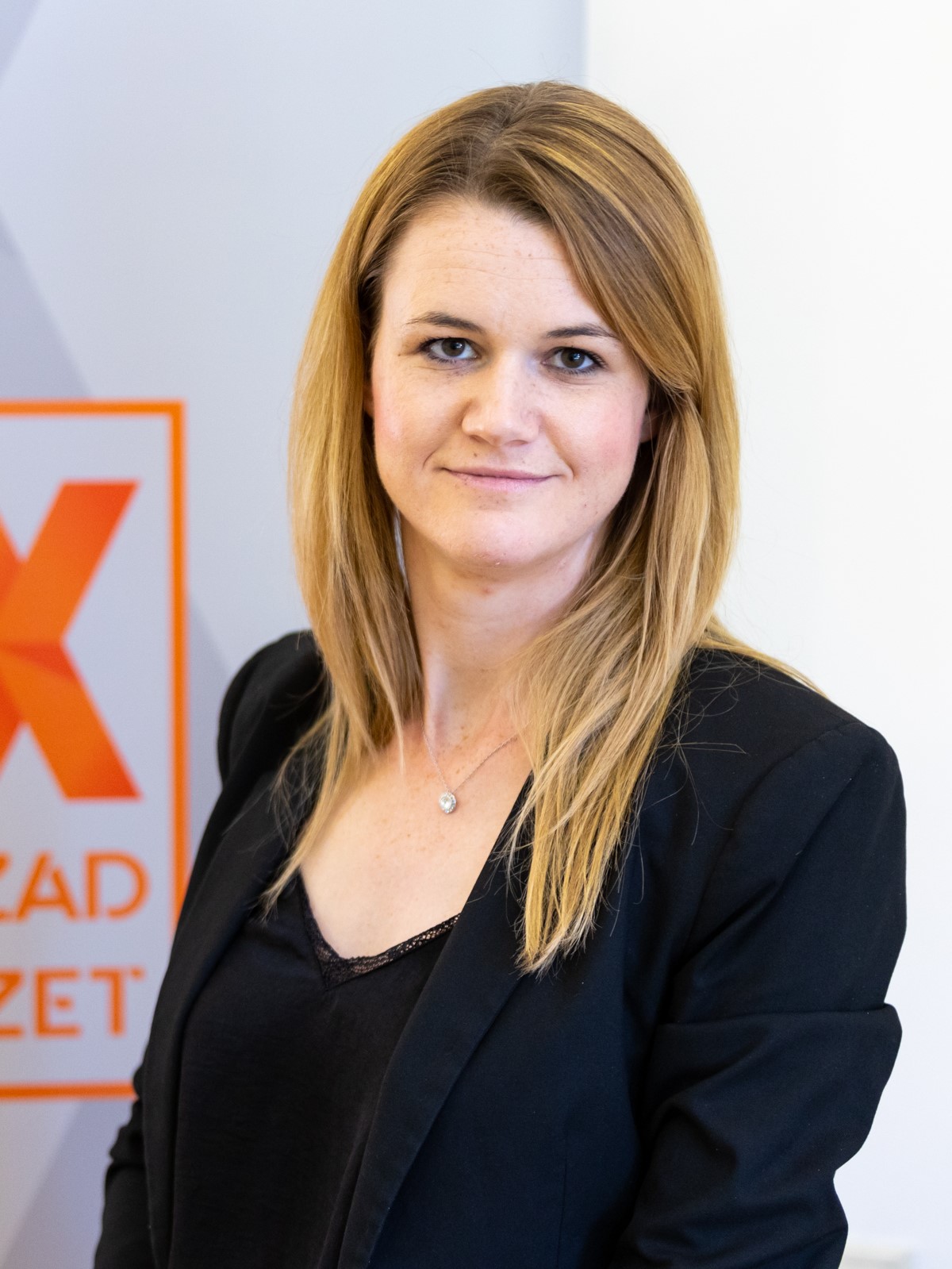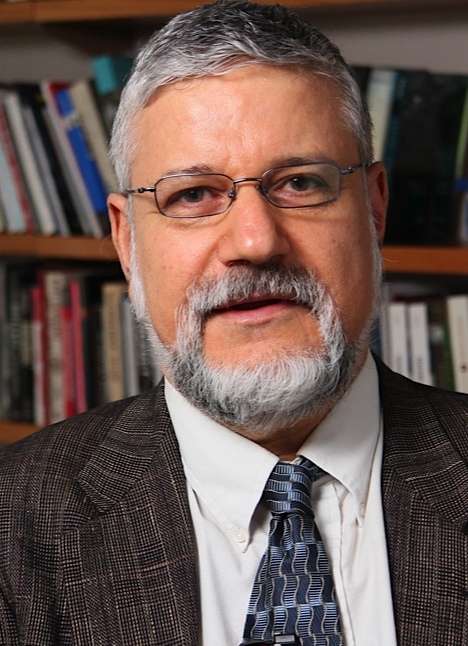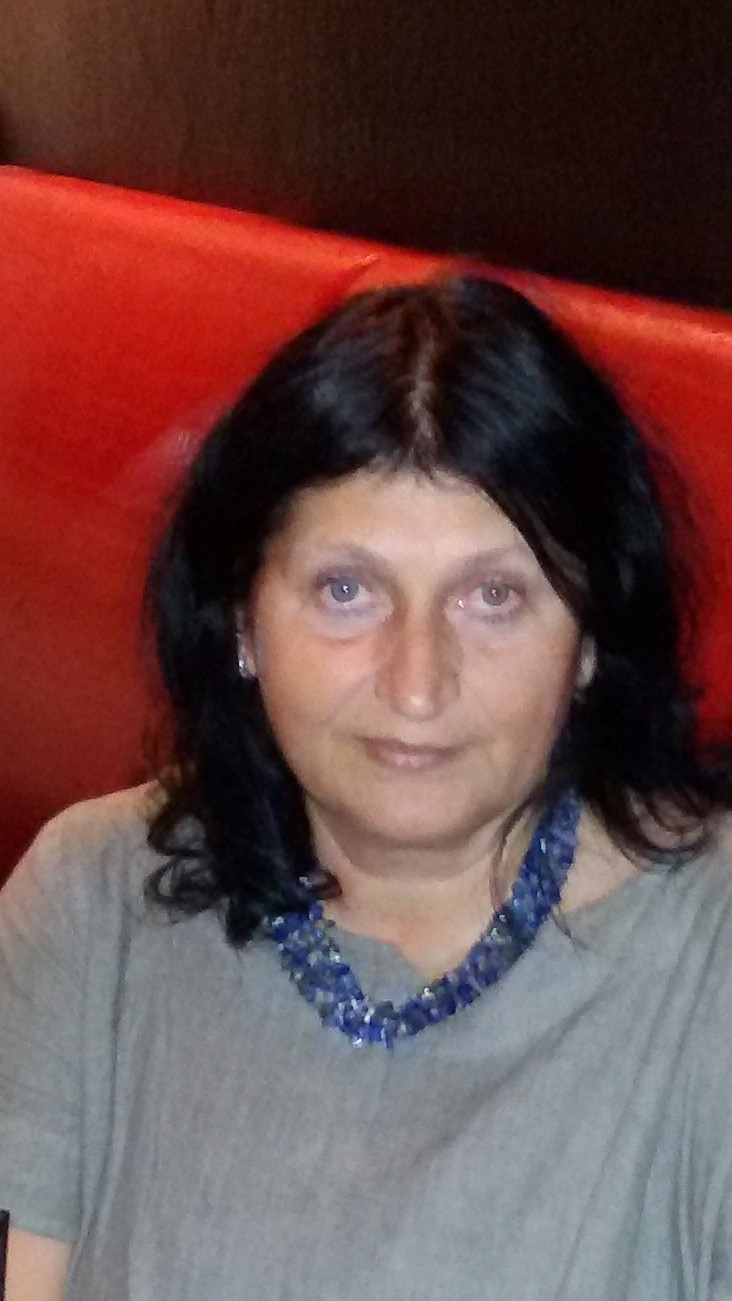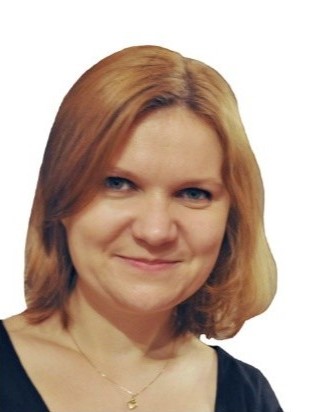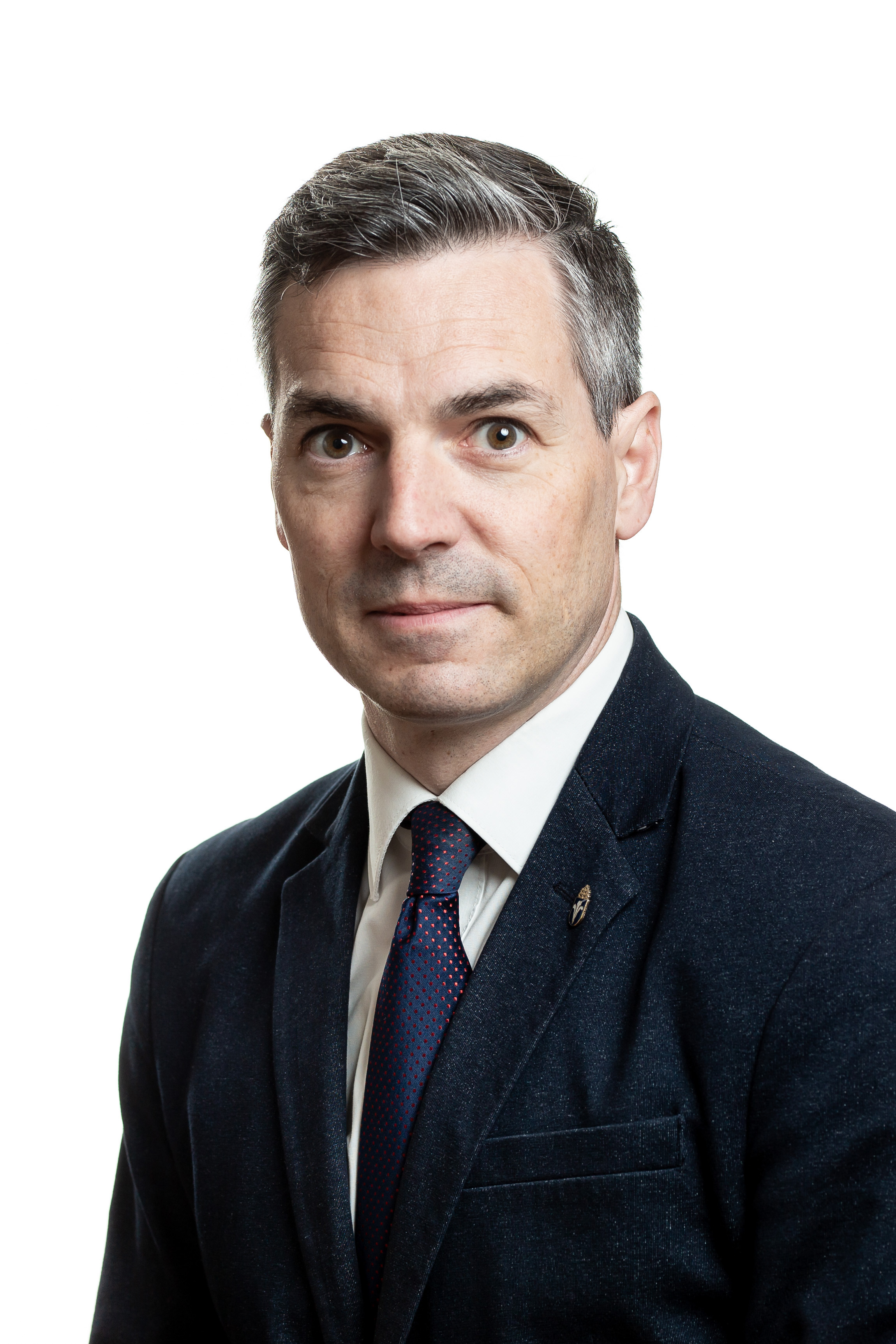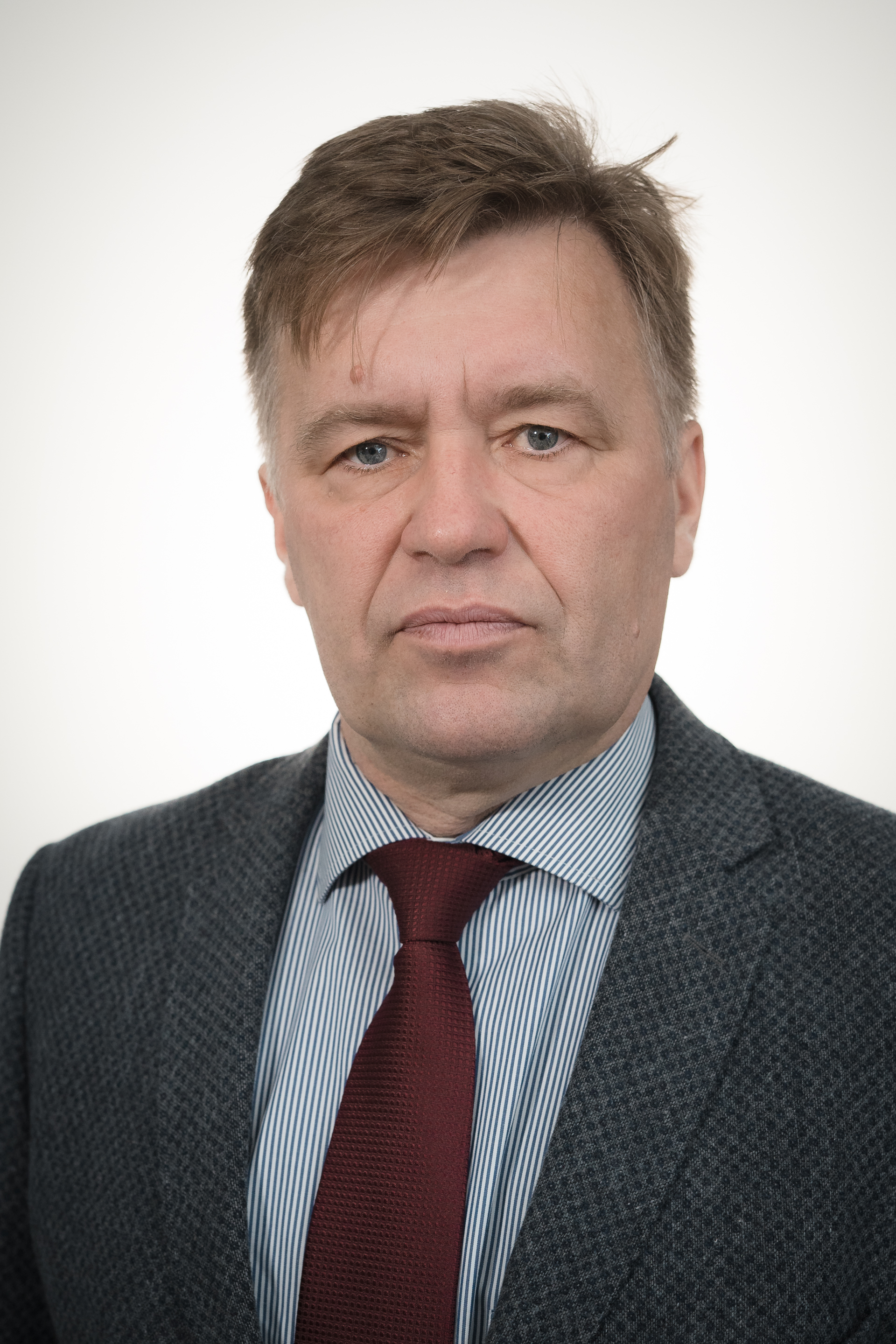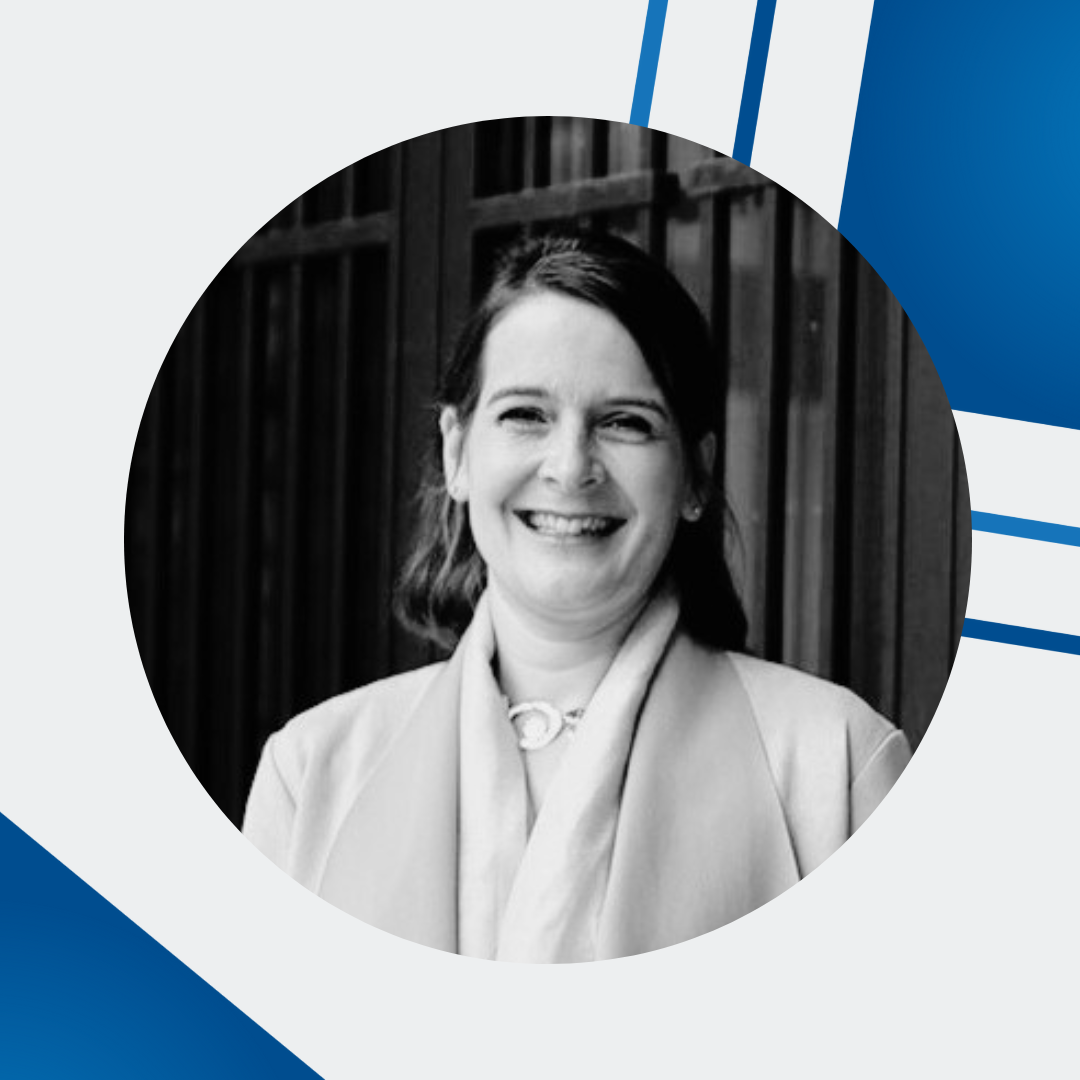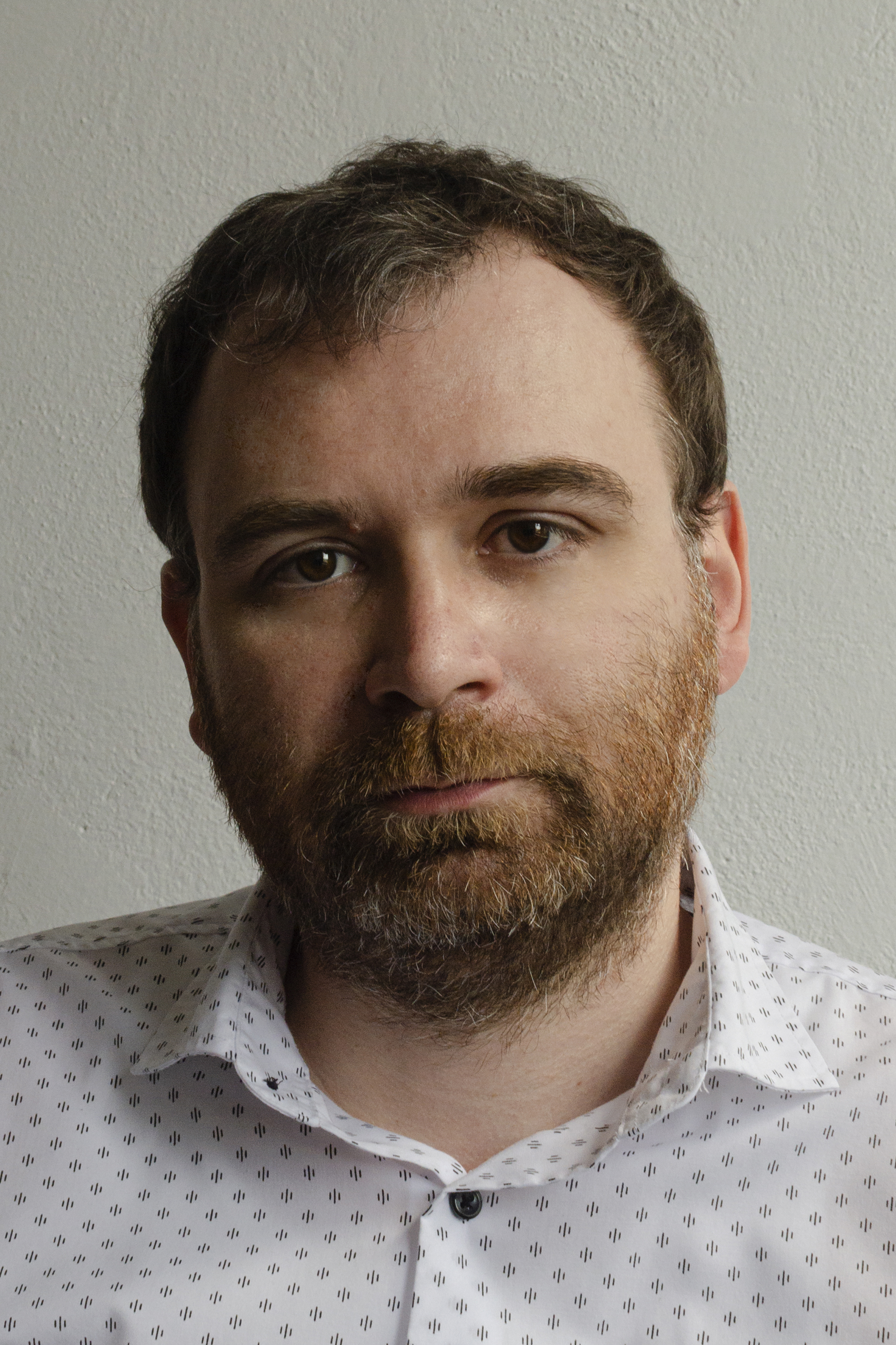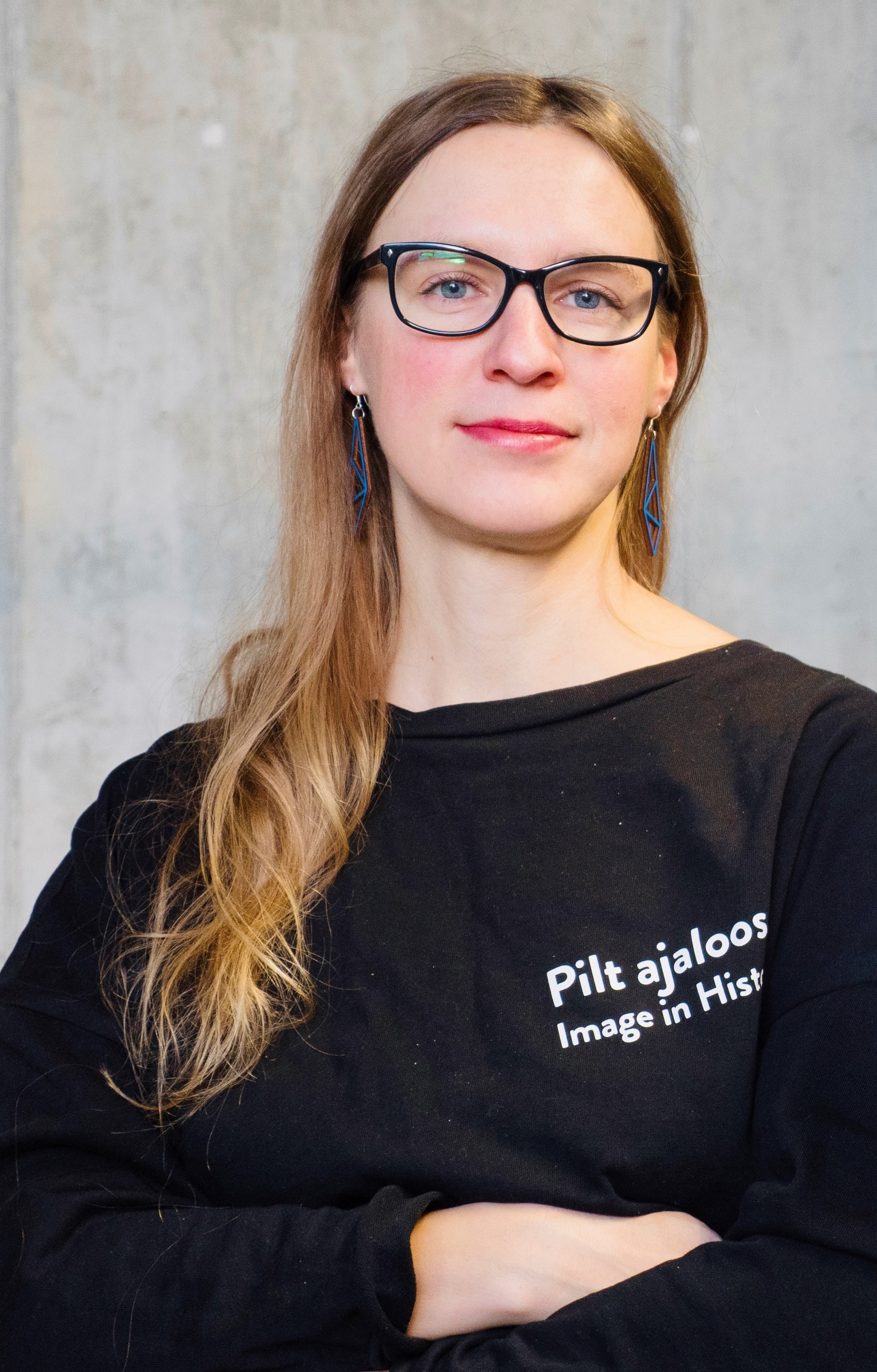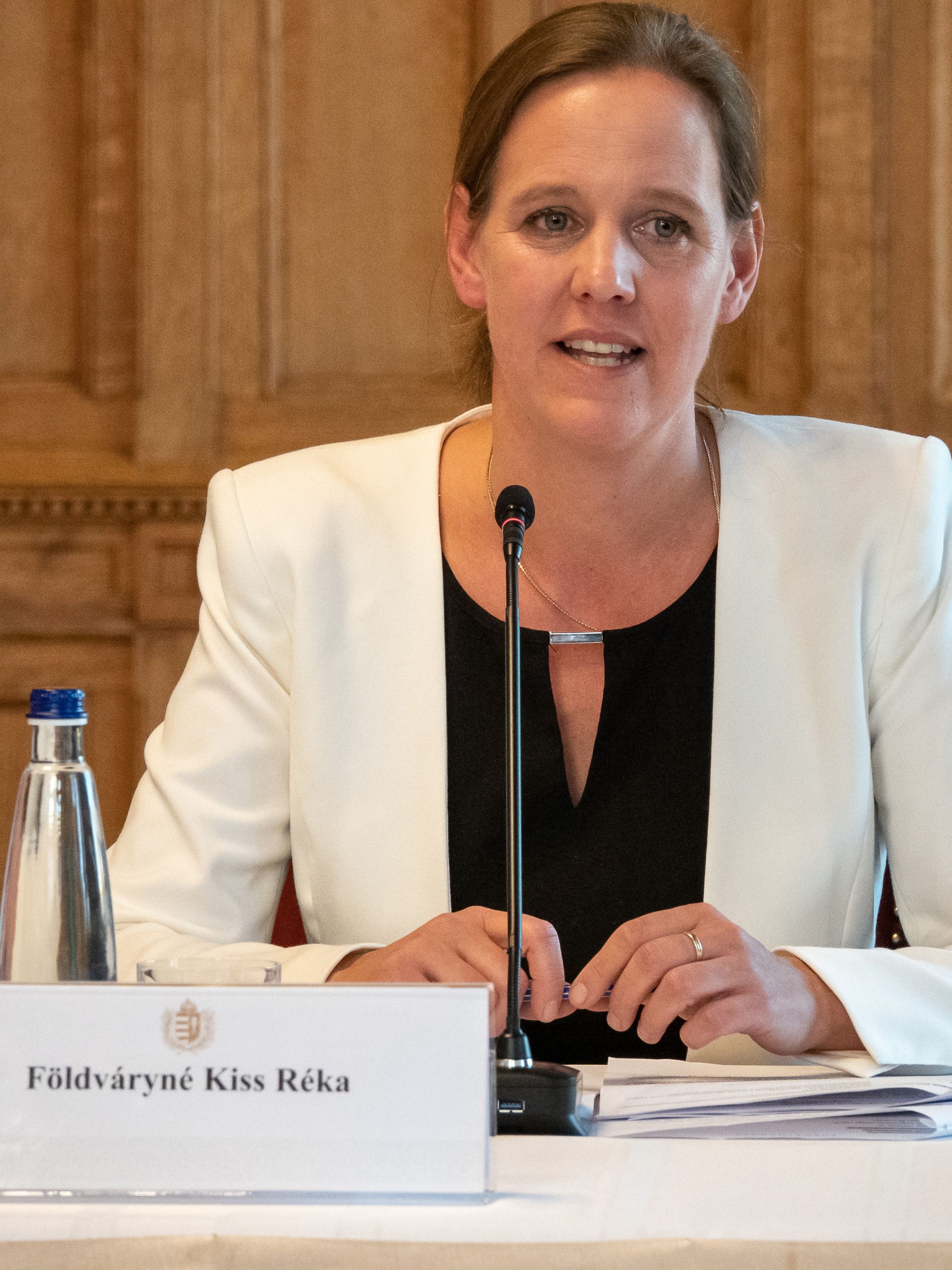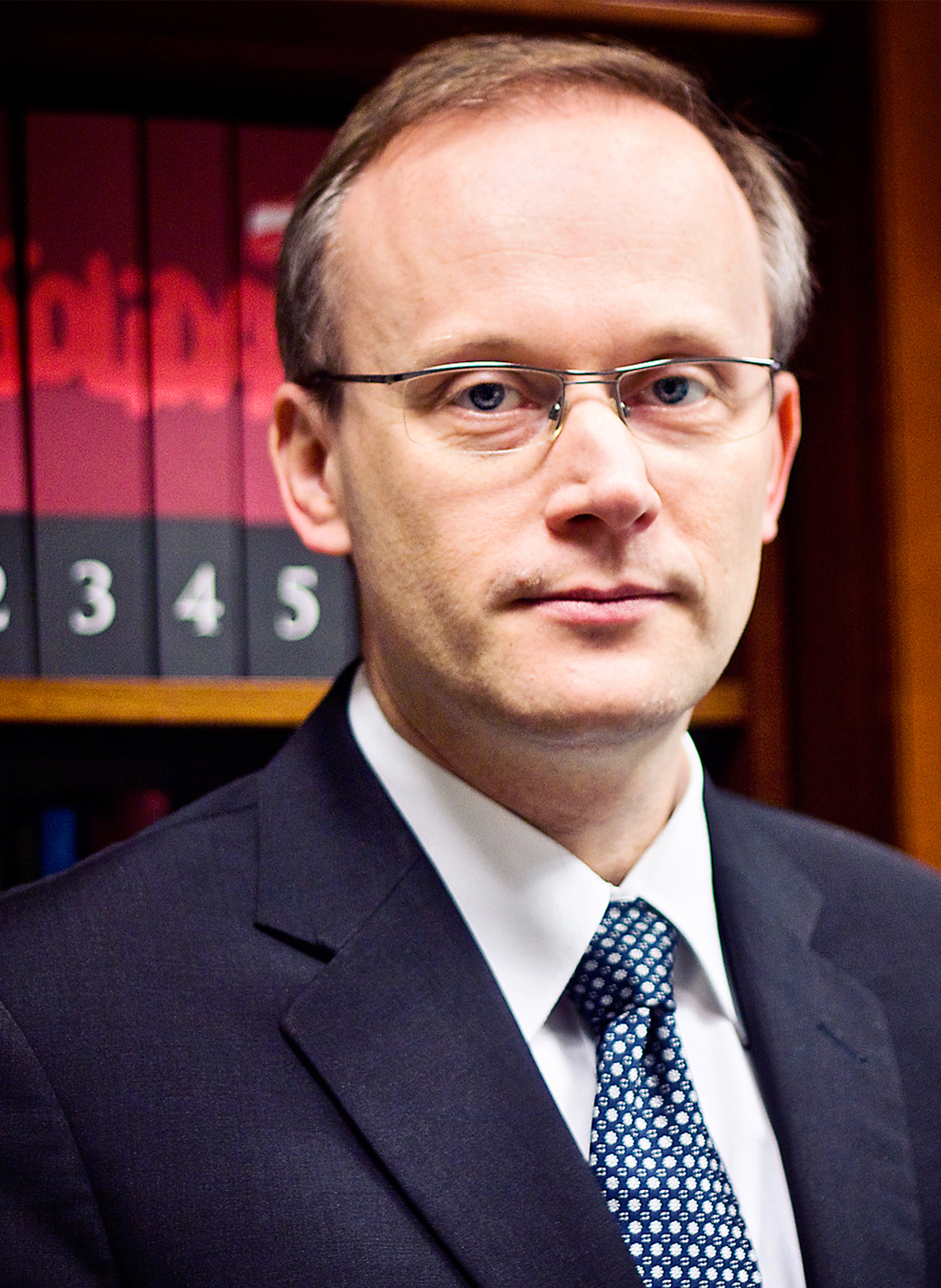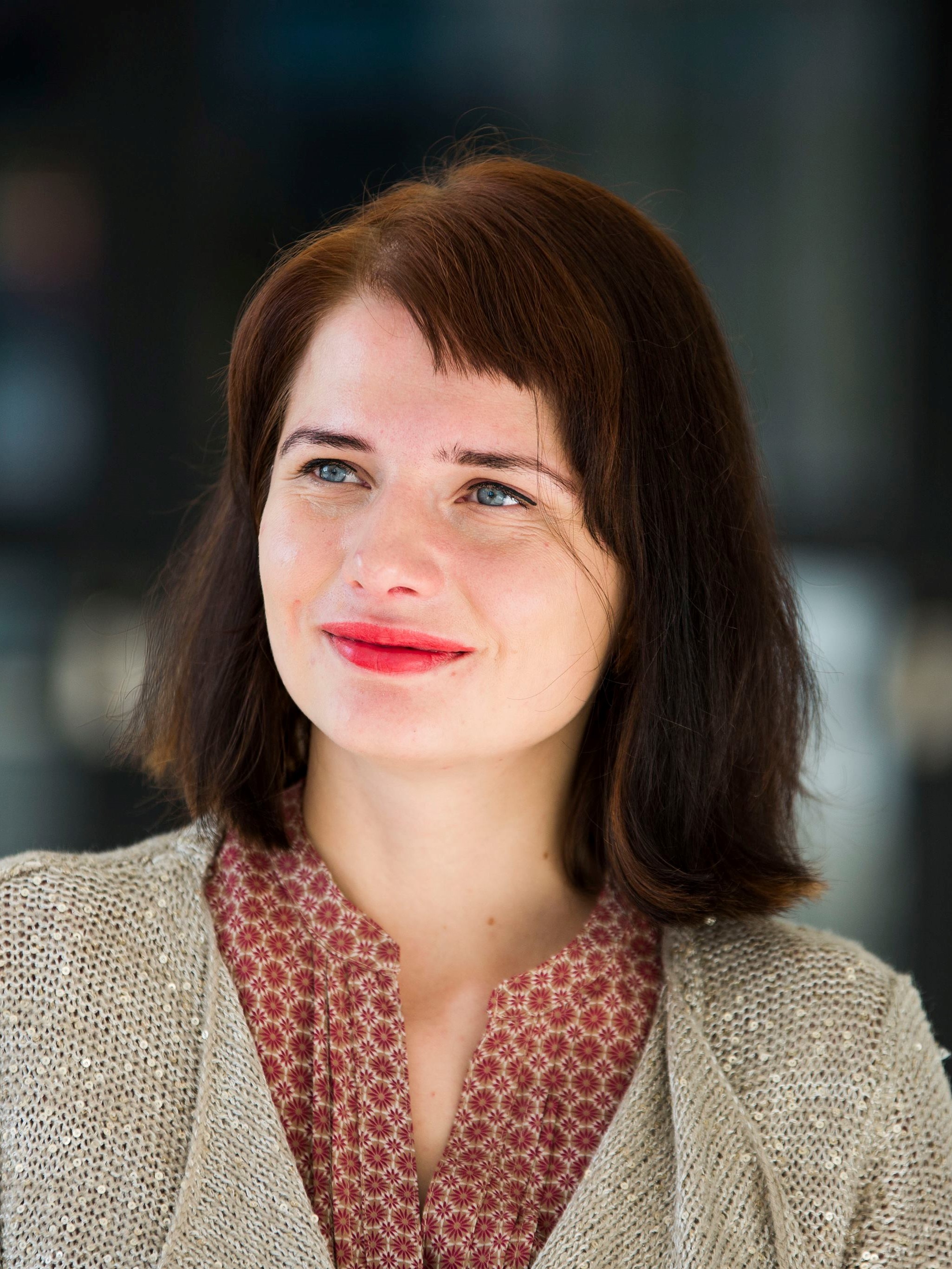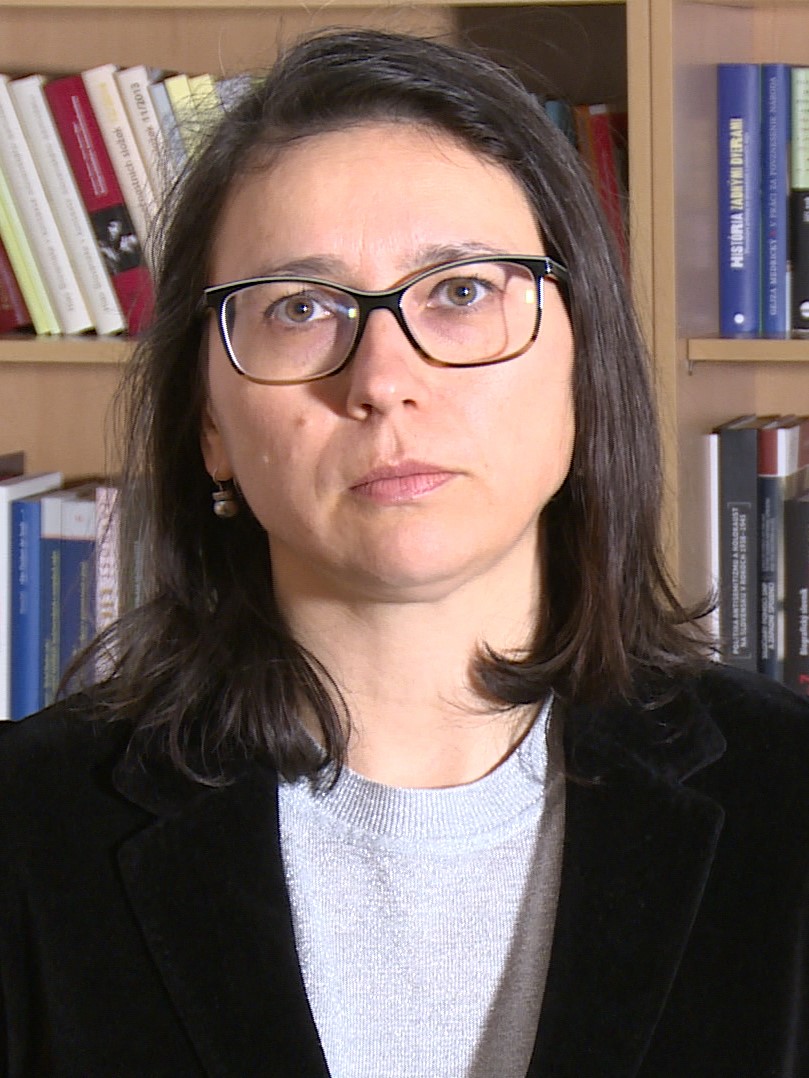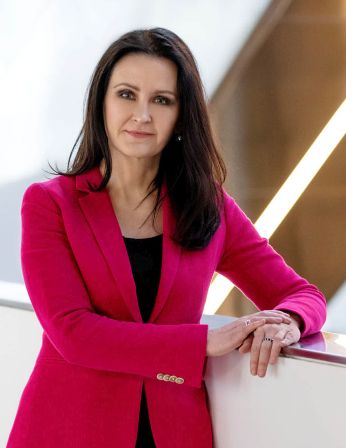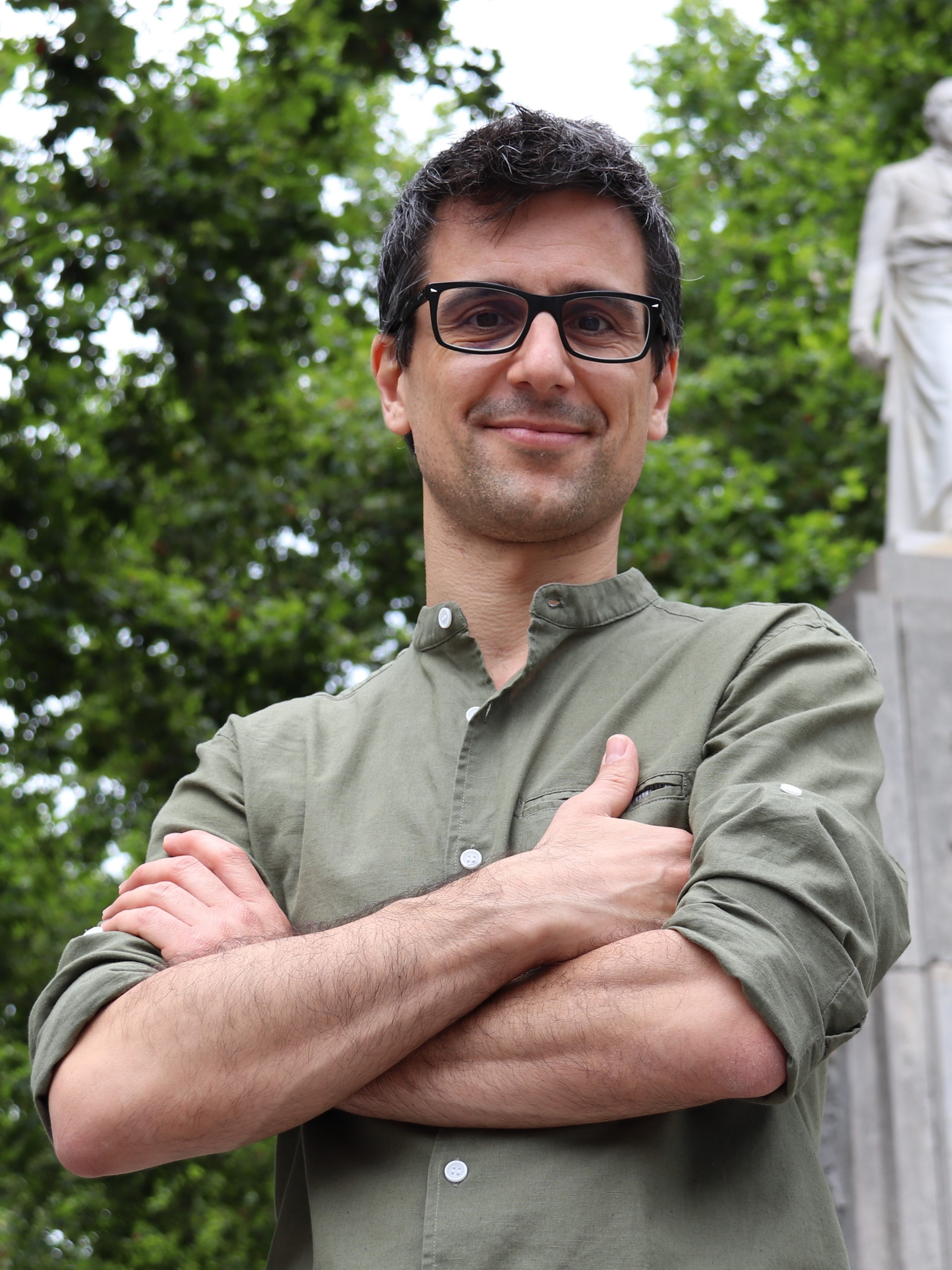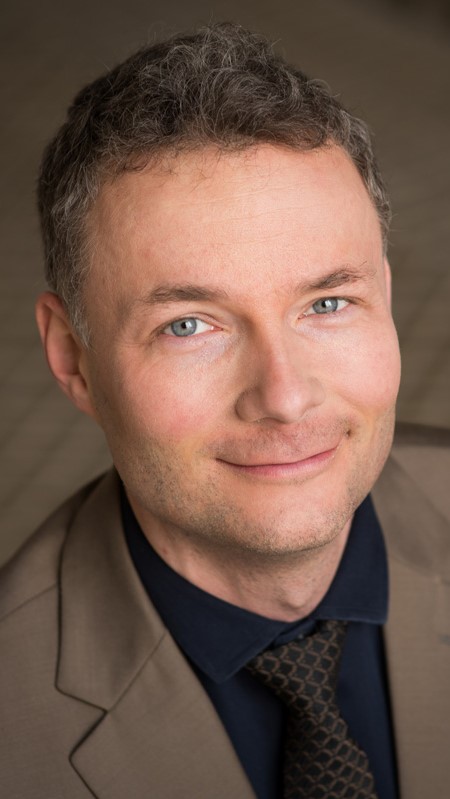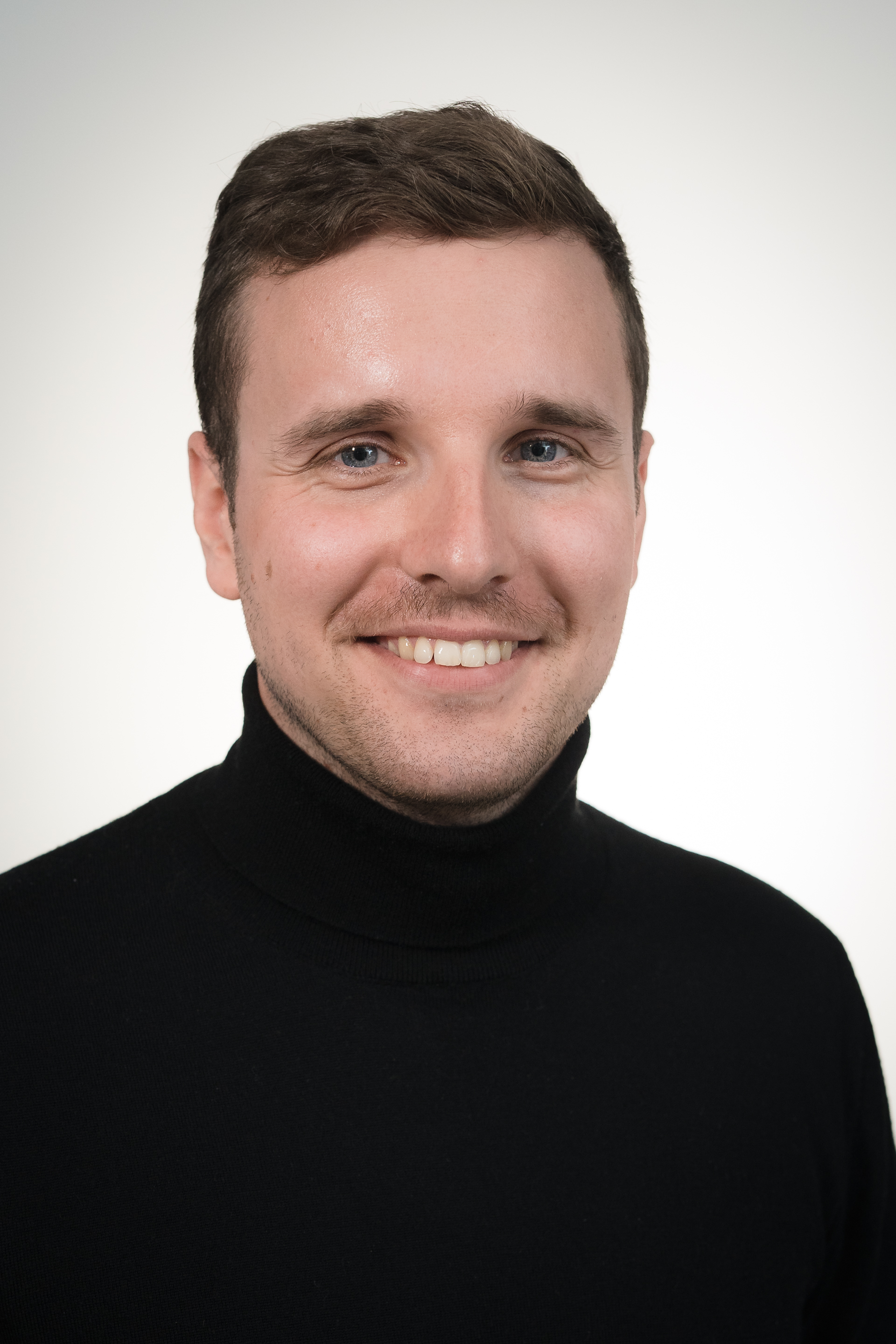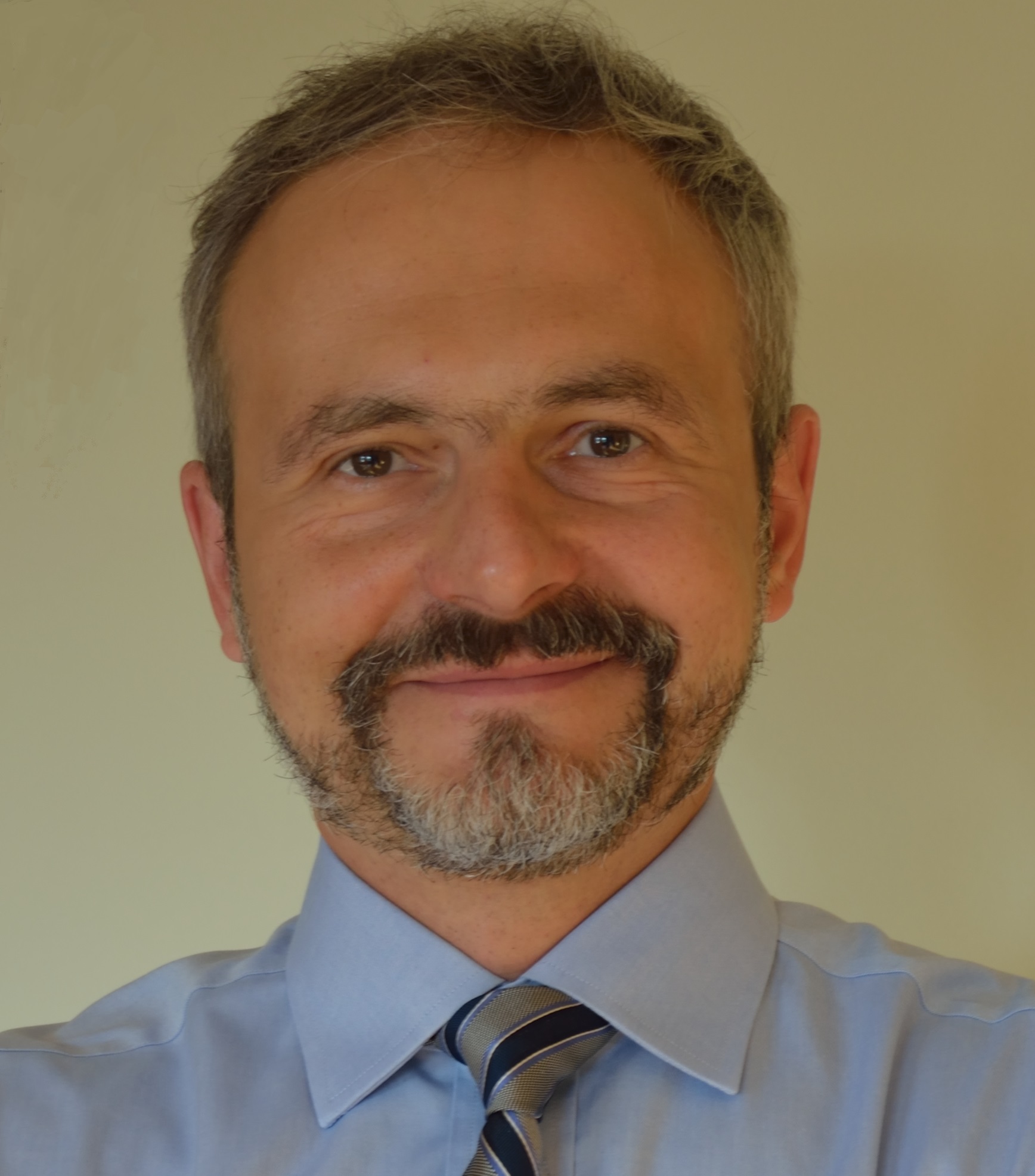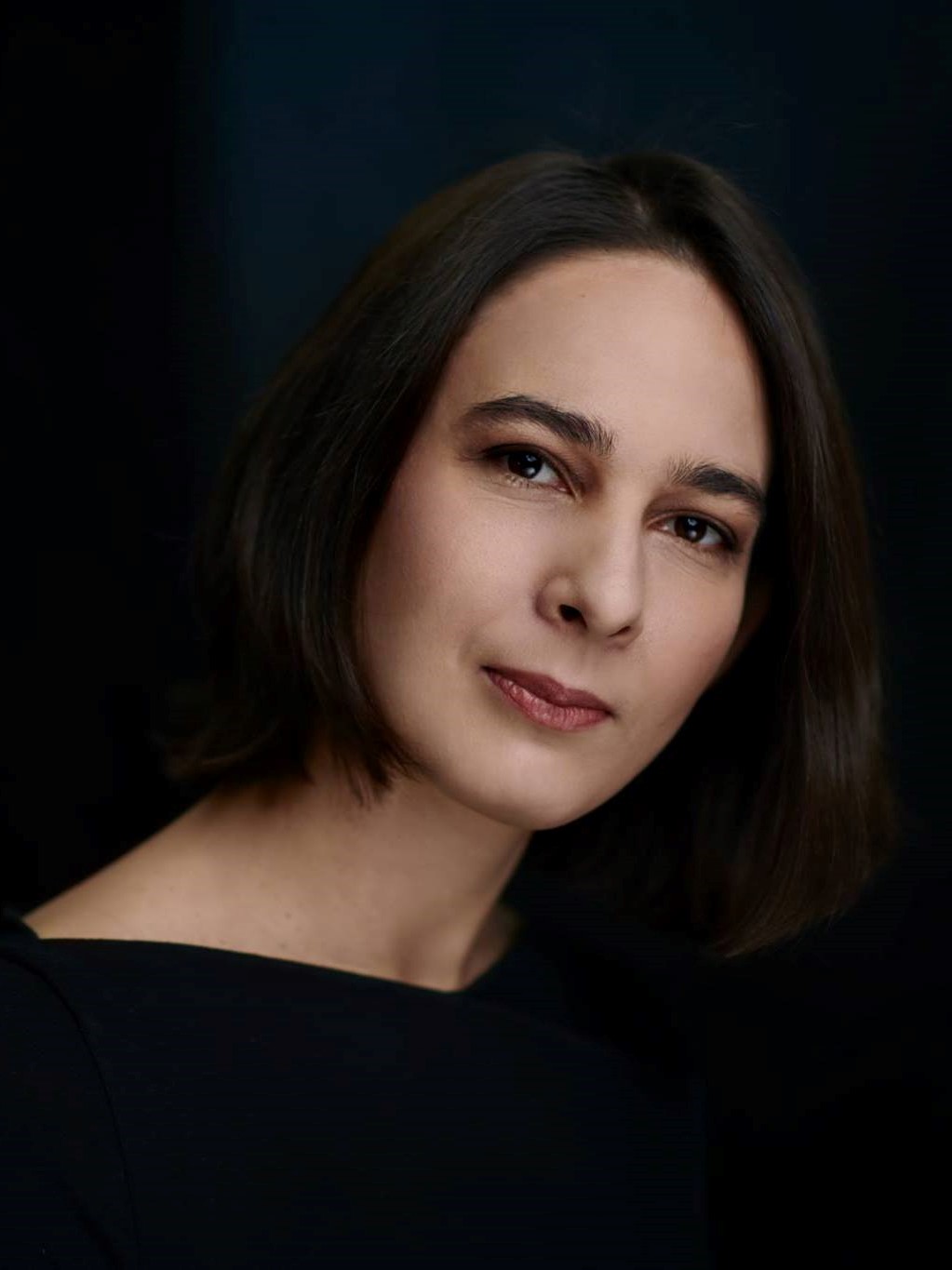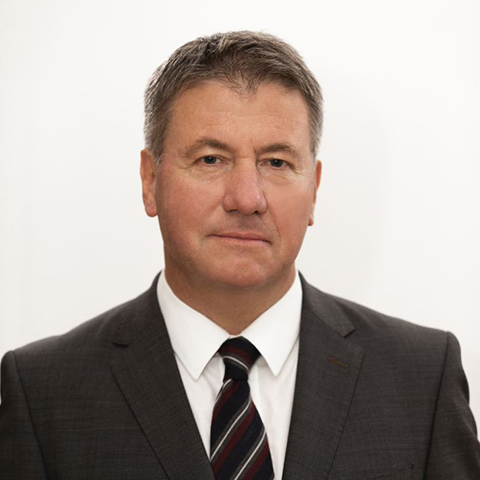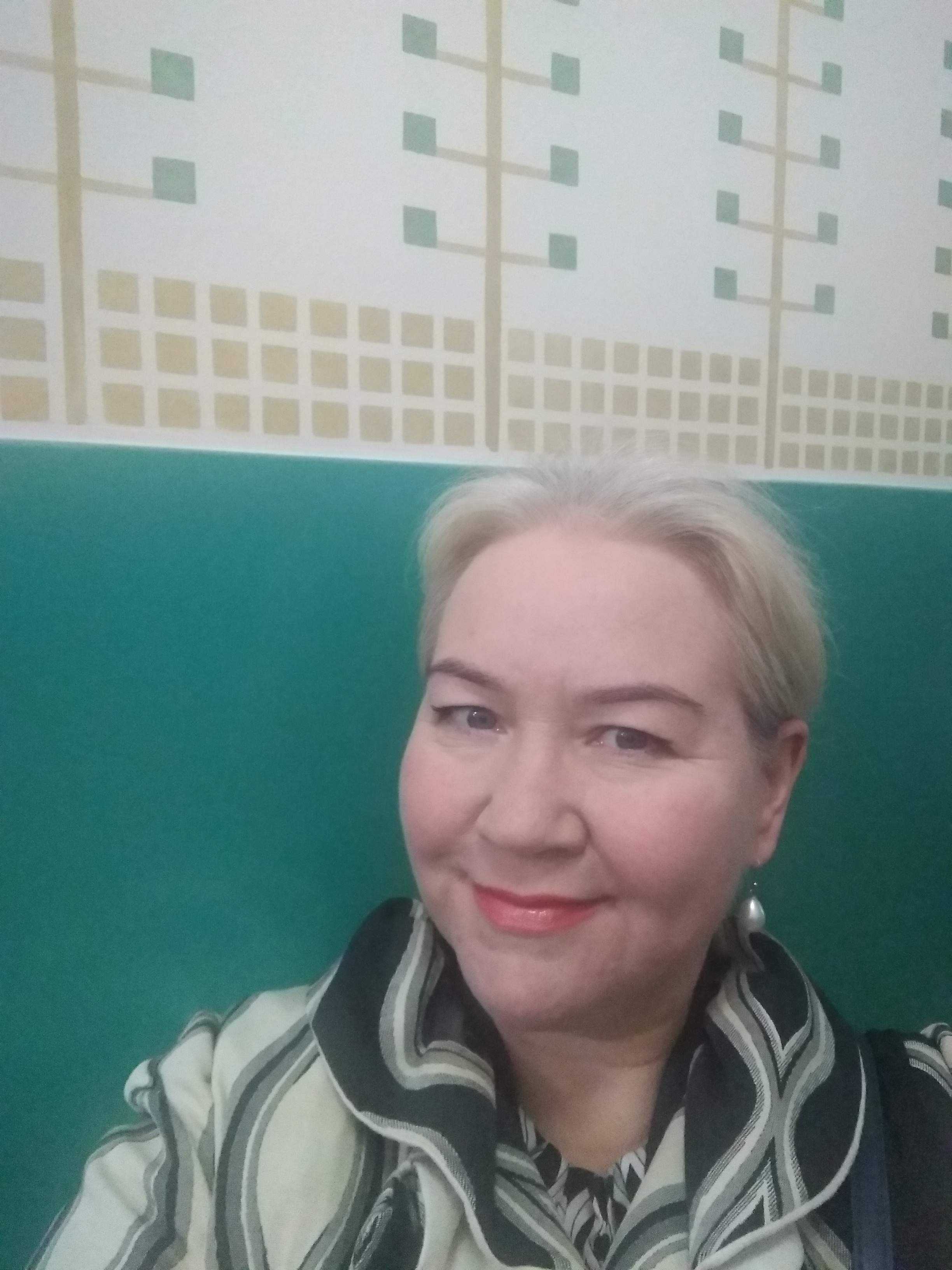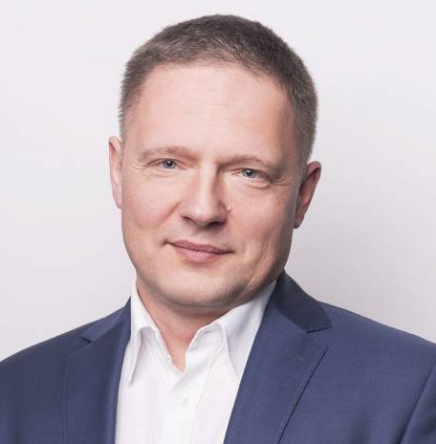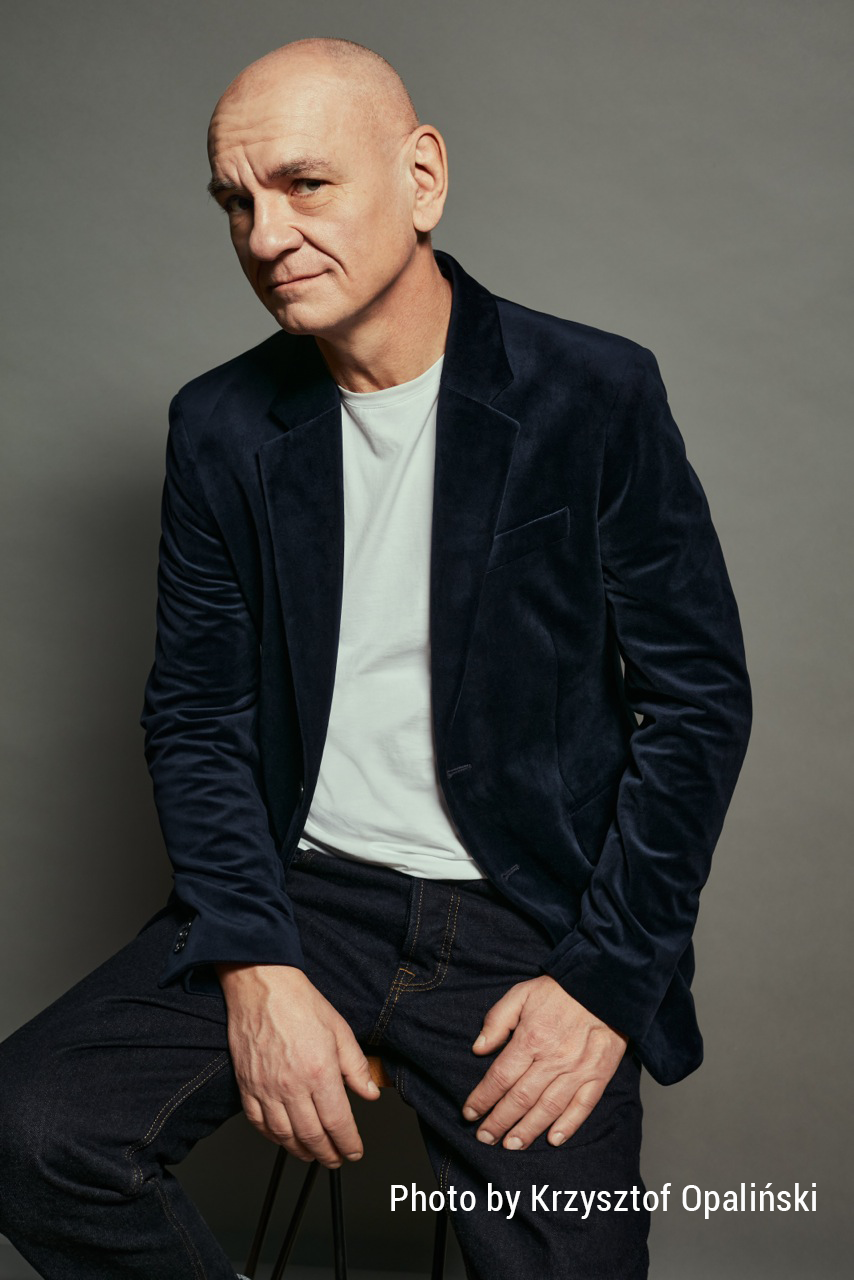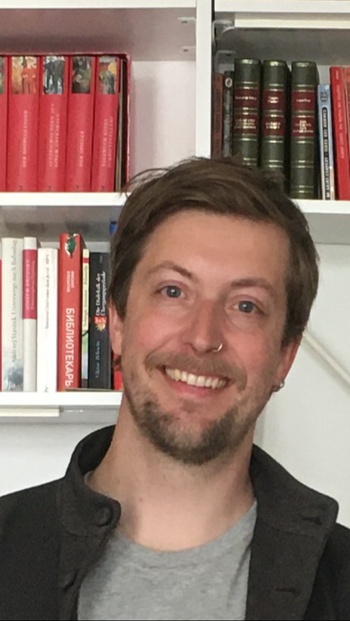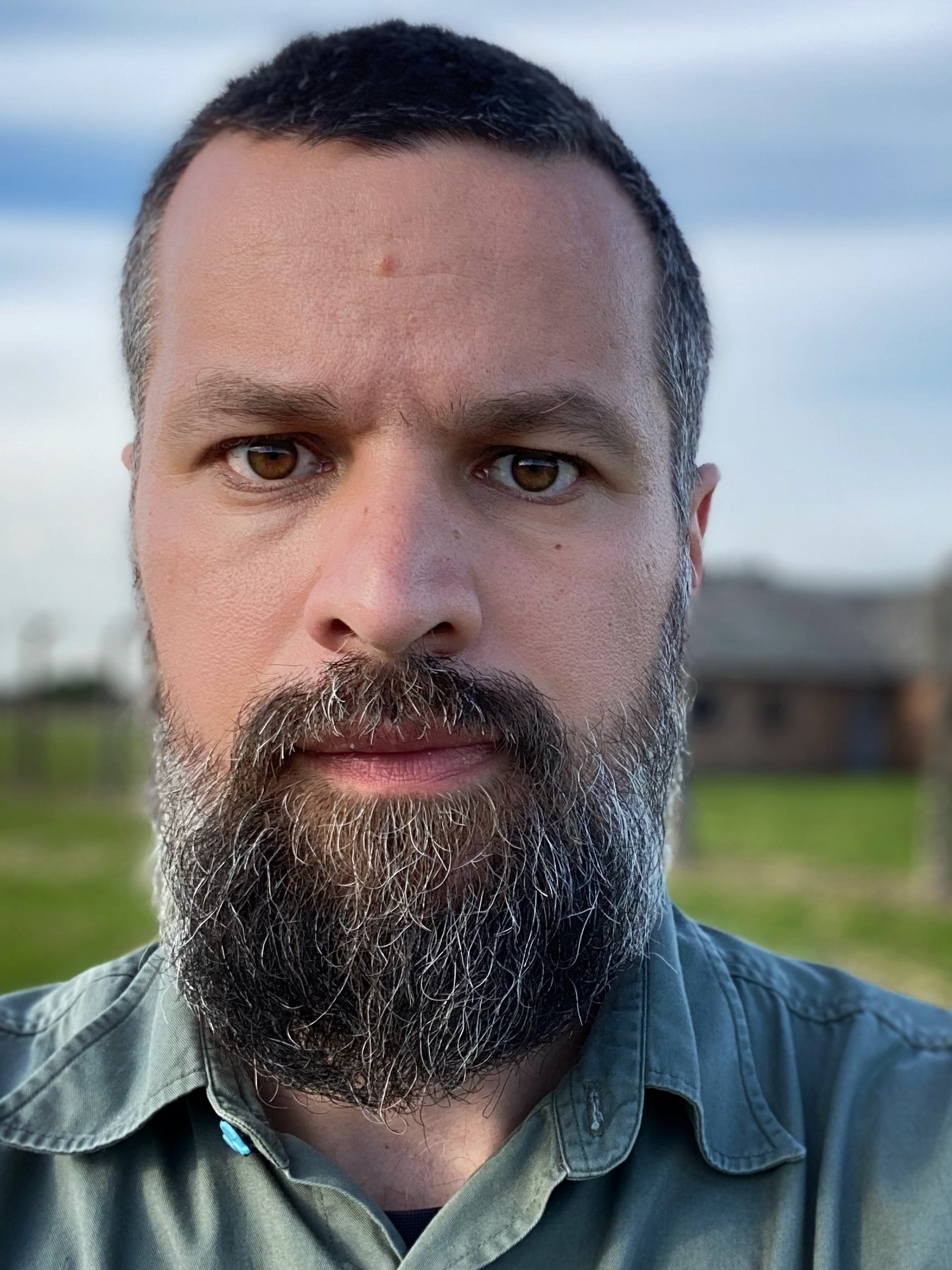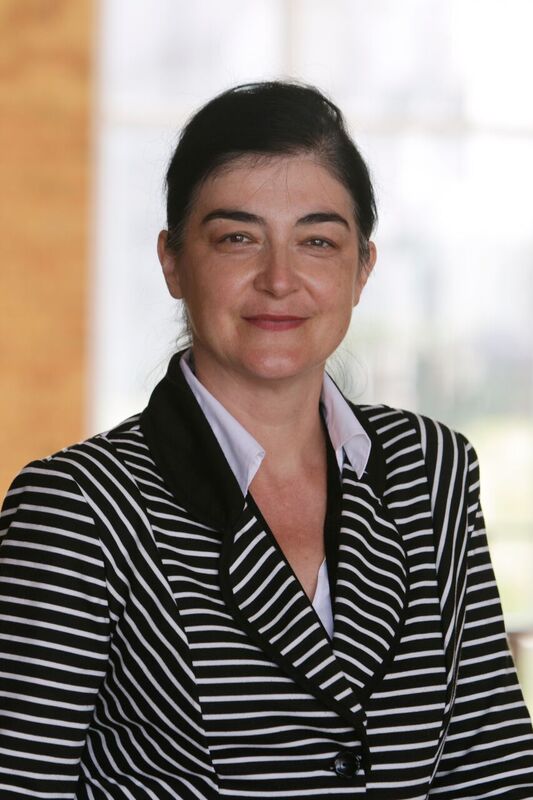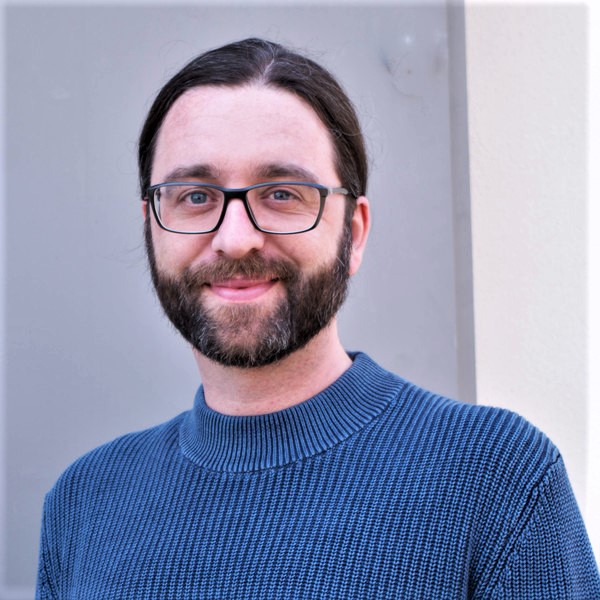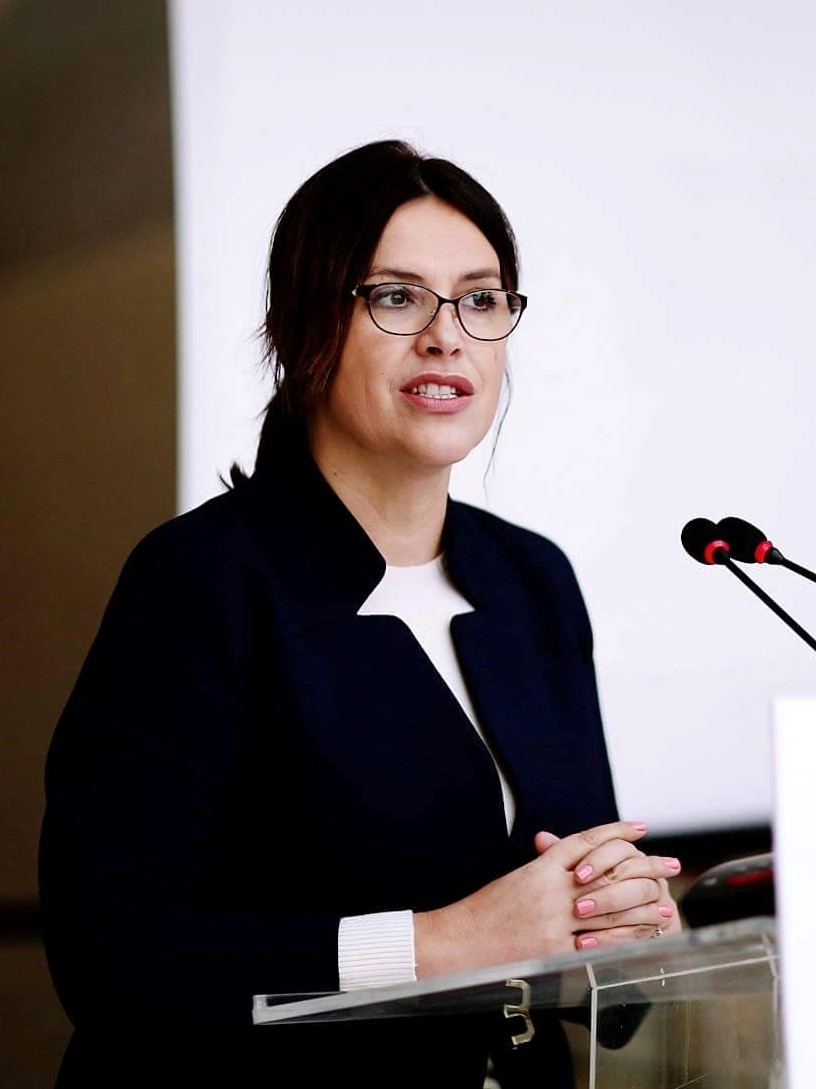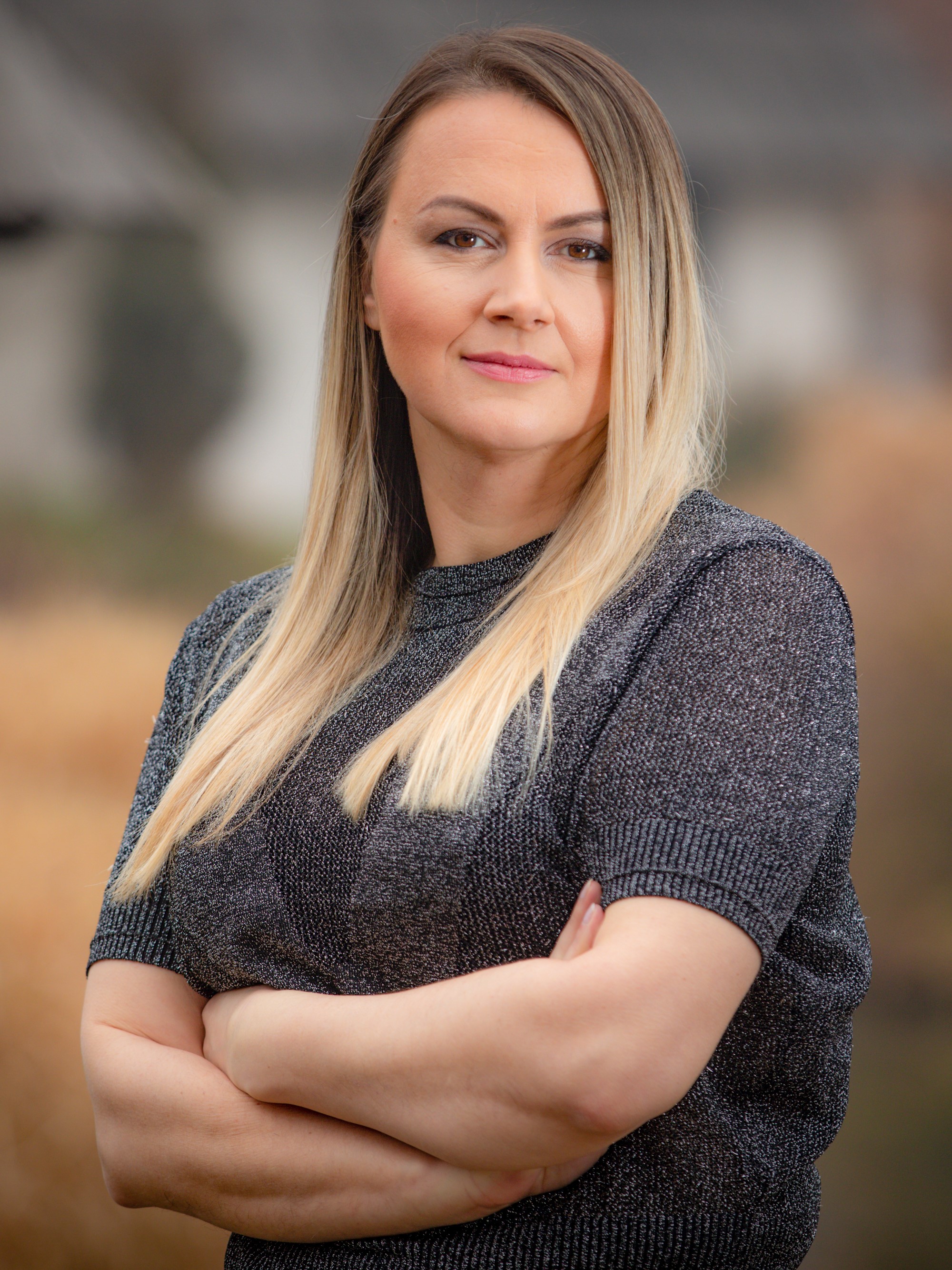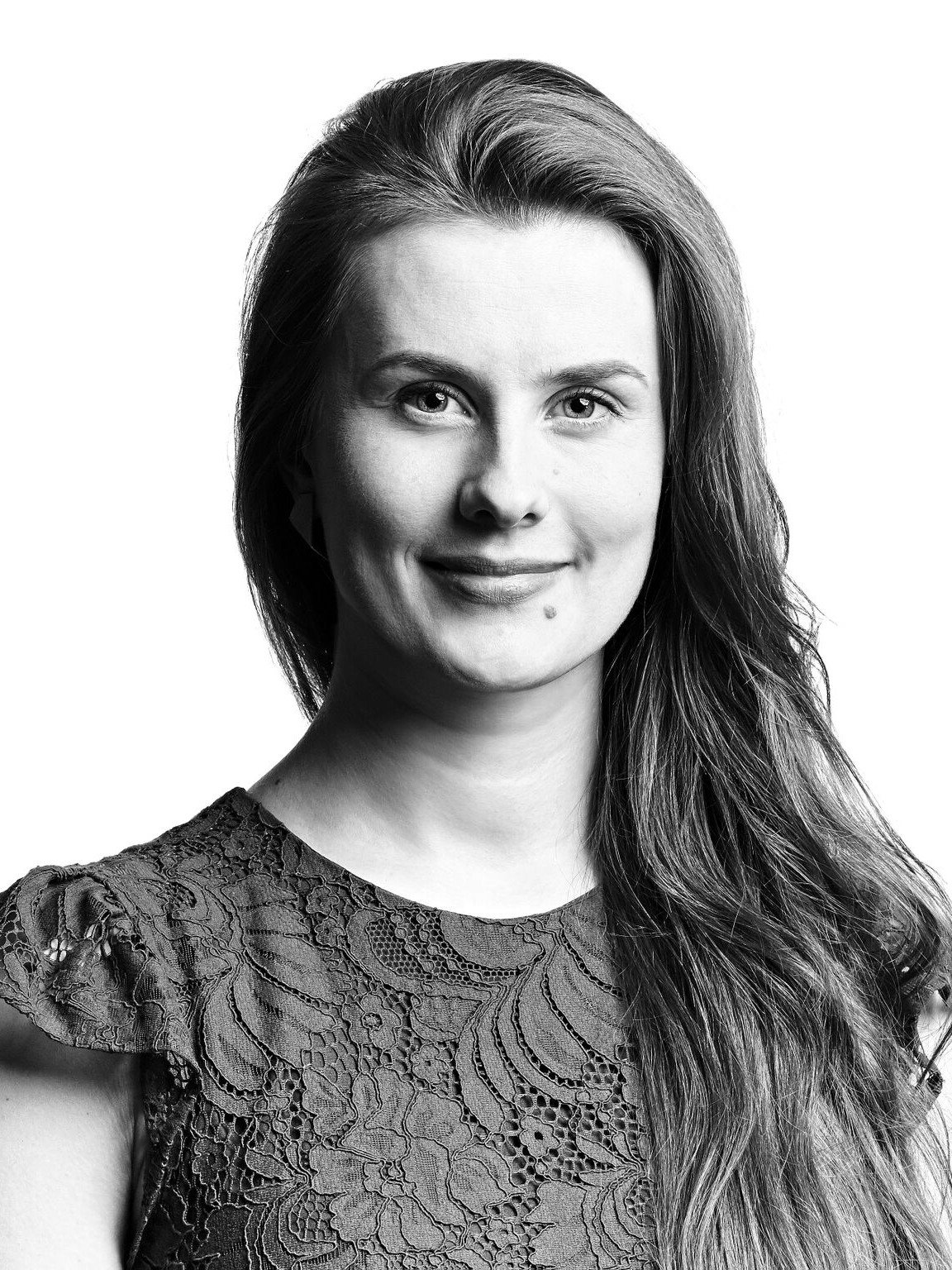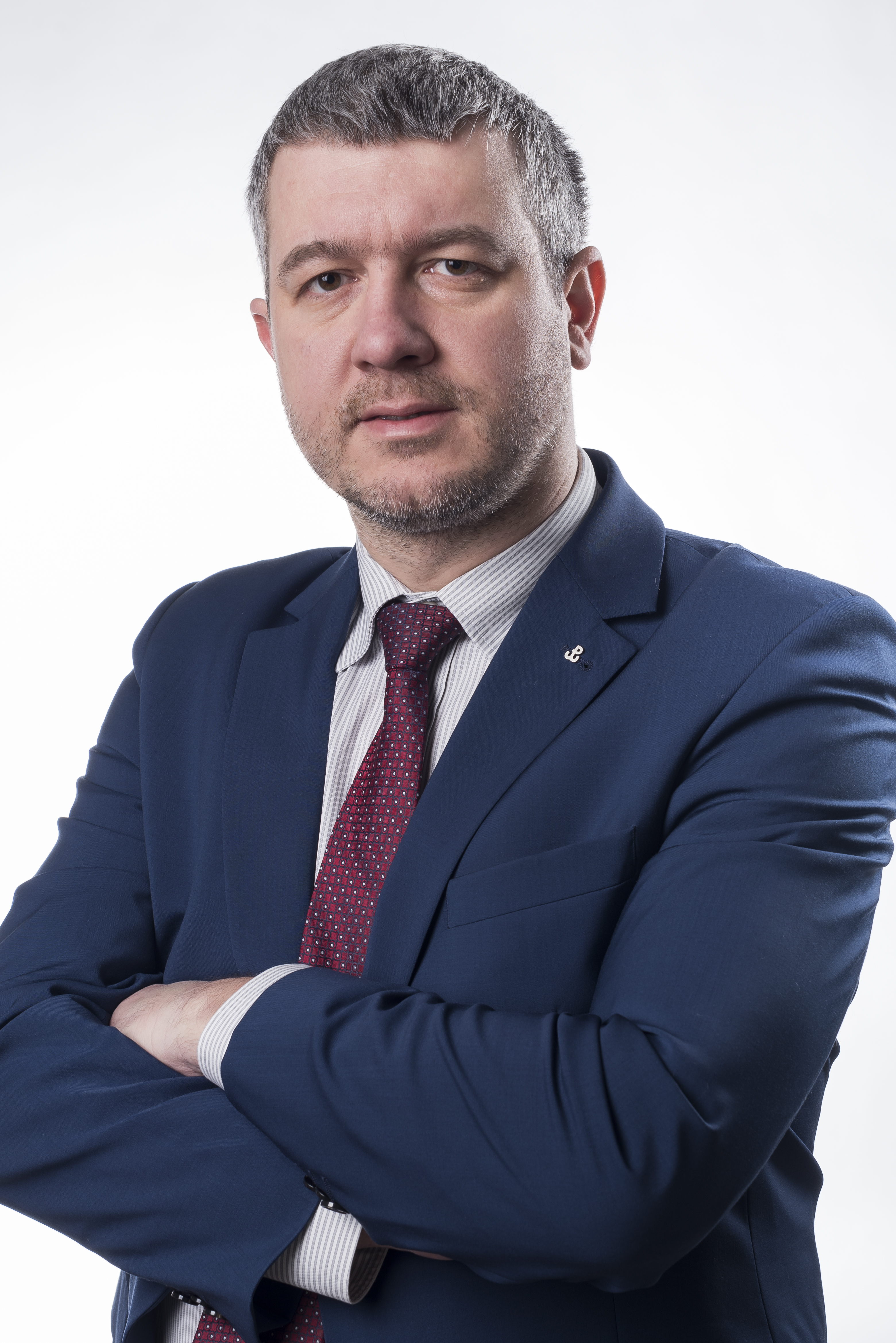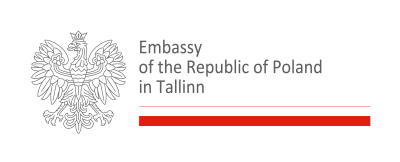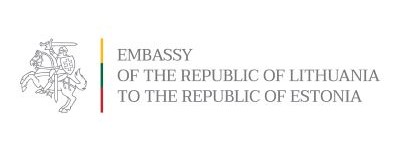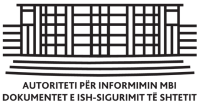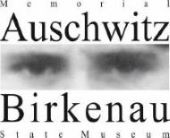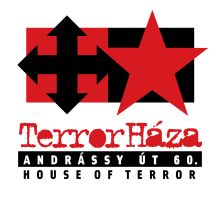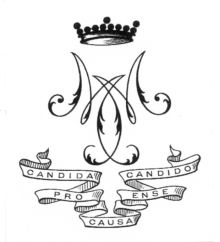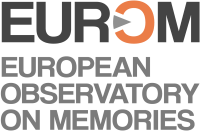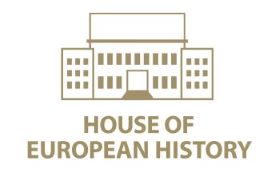9:30–11:30
First panel discussion – Remembrance in action: everyday challenges and recommendations for the future
Tallinn Creative Hub, Cauldron Hall
This session aims to garner opinions, recommendations and suggestions for the future of broadly understood remembrance policies in Europe. Representatives of institutions active in the field of historical education and commemoration operating at an international level will present a summary of experiences to date and the day-to-day challenges of their activities, along with recommendations for the future. Statements prepared by the institutions with suggestions made by the panellists will be presented and debated. Participants of the session will have the opportunity to take the floor, and will be invited to comment on the recommendations presented and propose their own.
Representatives of the following organisations active in the field of remembrance in Europe will take part in the debate:
EUROM European Observatory on Memories (Oriol Lopez Badell)
European Network Remembrance and Solidarity (Rafał Rogulski)
House of European History (Constanze Itzel)
Platform of European Memory and Conscience (Dr Łukasz Kamiński)
Moderator: Sergei Metlev
12:00-14:00
Case studies: project practices
Tallinn Creative Hub, Cauldron Hall
During this session, coordinators of educational and social projects in the field of history share best practice experiences on three different project formats:
1) Dealing with a difficult past:
Dorottya Baczoni, House of Terror Museum
Dr Keiu Telve, Vabamu Museum of Occupations and Freedom
2) Inclusion of local community
Gentiana Sula, Even Walls Have Ears
Dr Annemarie Franke, Anna Wachowiak, In Between?
3) Use of new media/technologies
Paweł Sawicki, Twitter of Auschwitz Museum
Dr Kristina Ranki, The Mannerheim Museum
Moderators:
Beata Drzazga
Maria Naimska
14:00-14:45
Lunch and coffee break
15:00-17:00/17:30
Cultural visits
Tallinn, different venues
Possible options:
1) Memorial to Estonia’s Victims of Communism and Estonian Historical Museum
2) Patarei Prison exhibition area ‘Communism is Prison’
3) Historical guided sightseeing tour of Tallinn’s Old Town (a walking tour) including visiting the KGB Prison Cells affiliated to the Vabamu Museum of Occupations and Freedom.
Participants are also invited to visit ‘After the Great War’ exhibition at the Freedom Square.
18:00-19:30
Second discussion panel – 1989 revisited
Tallinn Creative Hub, Cauldron Hall
This panel is dedicated to recent research on various political, cultural and economic changes related to the year 1989 in East-Central Europe. How has the memory of the transformation changed over the last 30 years? Have these changes triggered the recent research interest in this topic? What are the regional differences? The discussion participants will include authors of books devoted to the 1989 transformation.
Moderator:
Dr Peter Jašek
Panellists:
Dr Tobias Rupprecht
Dr Lars Fredrik Stöcker
Dr Paweł Ukielski
19:30-21:00
Dinner reception

